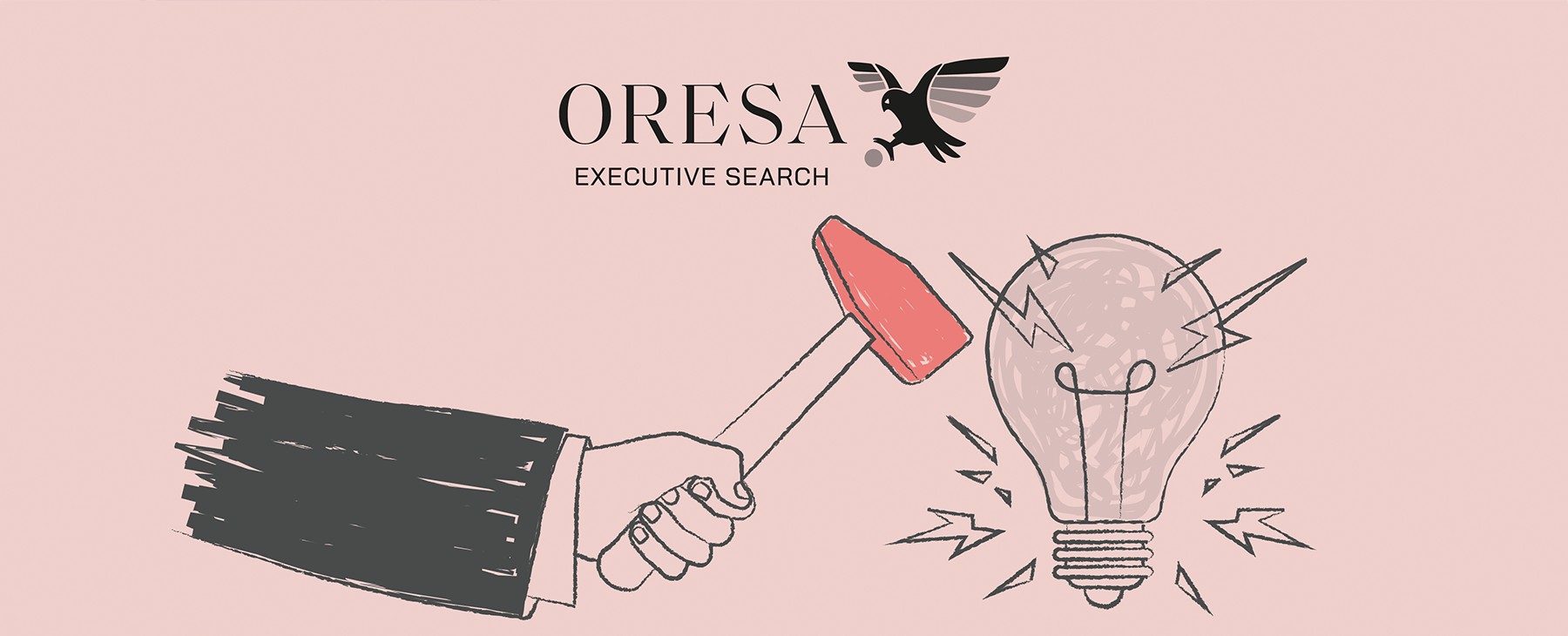
Someone asked me recently about whether disruption was the right thing for a business to aim for. It got me thinking.
Disruption isn’t typically viewed in terms of rights or wrongs, at least not by the disruptors. If you have found a better way of giving customers what they want, while giving yourself a massive competitive advantage, why wouldn’t you pursue it to the full?
When they do consider the ethics, disruptors might point out that yes, competitors may suffer, but creative destruction ultimately benefits everyone by creating a more dynamic, efficient and faster-growing economy.
The truth is, it often does get morally murkier, particularly when disruption hits employees, devalues work, or hurts the local community or environment.
There is nothing fundamental about tech-enabled, high-growth business models that makes these harms inevitable. But the pursuit of growth as fast as possible increases the risk of unintended consequences, a fact appropriately enough unintentionally exemplified in Meta’s old mantra, ‘move fast and break things’. (The missing part two being ‘and let someone else pick up the pieces’.)
Automated tills come to mind. They allow more customers to pass through checkouts, more quickly, in less space and at lower cost than traditional tills.
But looked at a different way, they are stripping human contact from a critical piece of community infrastructure – high street shops – exacerbating the social diseases of loneliness and alienation.
Similarly, addictive doom-scroll algorithms are a great way to grab eyeballs for digital advertising, but it’s hard to argue they’re good for people’s brains.
As you know, I’m all for growth – it’s the engine of our prosperity and the means of our collective renewal – but any growth that impoverishes society is neither financially sustainable nor desirable.
None of this means giving up on progress, or that disruption is inherently bad. It simply promises the fastest, most spectacular growth, which amplifies the consequences all round. There is therefore a heightened responsibility to consider what could go wrong and to look for ways to get ahead that bring others with us.
Fortunately, in my experience, it’s often the disruptors with the longest-term view who are both the most likely to do this, and also the most likely to succeed. When I talk to them, I see optimists for change, not the callous indifference of stereotype. That gives me confidence that, at least in the business world, we’re not heading full steam to dystopia quite yet.
Orlando
















